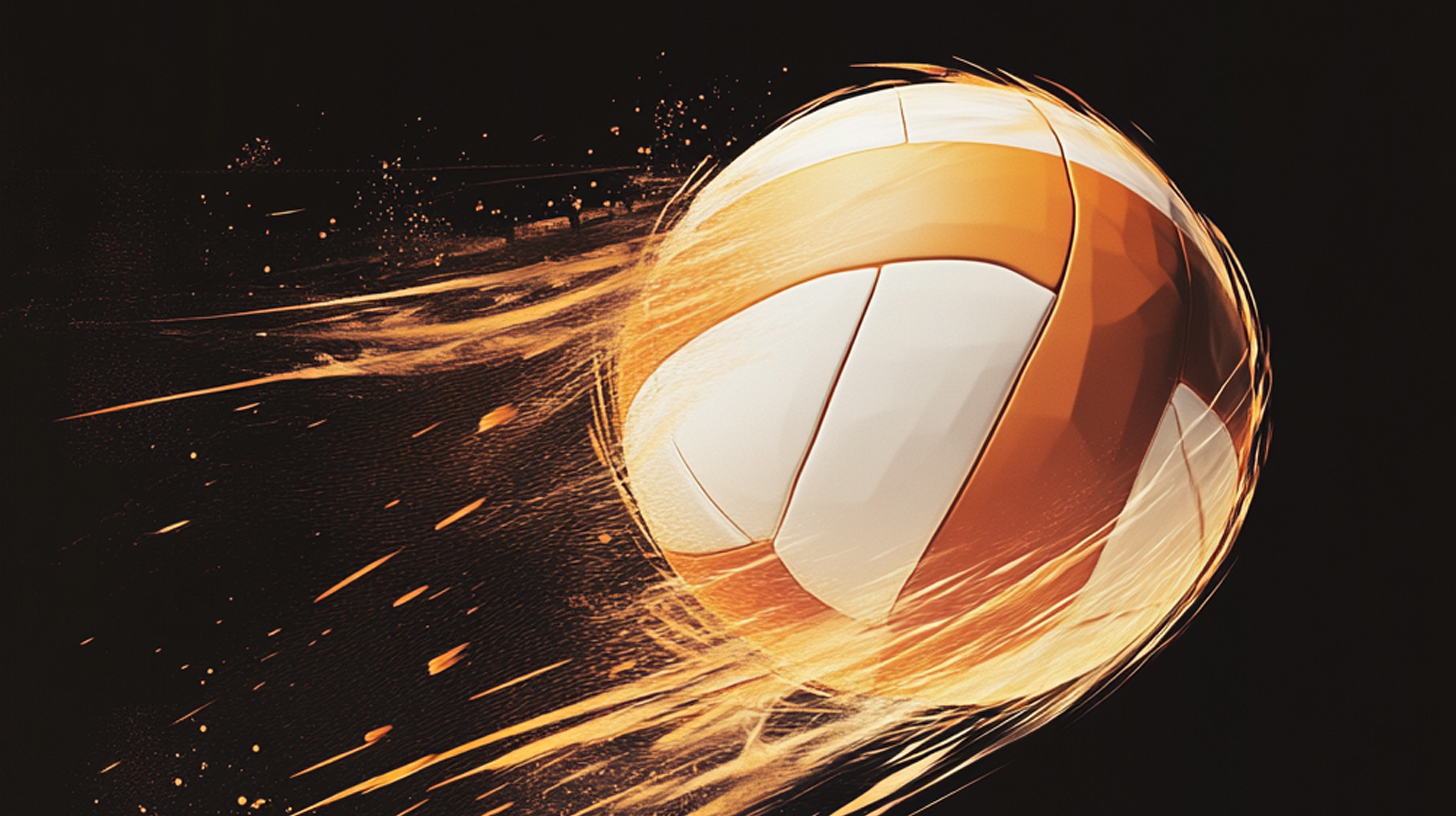Stress and Anxiety in Competitive Situations
Competitive stress and performance anxiety are common experiences for individuals facing high-pressure situations. These psychological responses can significantly impact one’s performance and well-being during competitions or important events.
When faced with competitive pressure, the body’s natural stress response, often referred to as “fight or flight,” is activated. This physiological reaction triggers the release of stress hormones like cortisol and adrenaline, preparing the body for action. While this response can be beneficial in small doses, excessive or prolonged stress can hinder performance and lead to anxiety.
Performance anxiety in competitive situations often manifests as racing thoughts, increased heart rate, sweating, and difficulty concentrating. These symptoms can interfere with an individual’s ability to perform at their best, potentially leading to underachievement or even avoidance of competitive situations altogether.
Understanding the mechanisms behind competitive stress and anxiety is crucial for developing effective coping strategies. By recognizing the signs of stress and implementing relaxation techniques, mental preparation exercises, and positive self-talk, individuals can better manage their responses to pressure and optimize their performance in competitive environments.
Identifying Common Triggers of Competitive Stress and Anxiety
Competitive stress and anxiety can significantly impact an athlete’s performance. Understanding common triggers is crucial for developing effective coping strategies. Performance expectations, whether self-imposed or from external sources, often lead to increased pressure and anxiety. The fear of failure can be paralyzing, causing athletes to doubt their abilities and underperform. Audience pressure, particularly in high-stakes events, can intensify stress levels as athletes feel the weight of spectators’ expectations. Perfectionism, while sometimes viewed as a positive trait, can become detrimental when it leads to unrealistic standards and constant self-criticism. Lastly, comparison to competitors can trigger anxiety, especially when athletes focus too much on others’ strengths rather than their own abilities. By identifying these triggers, athletes and coaches can work together to develop personalized techniques for managing competitive stress and anxiety, ultimately enhancing performance and overall well-being.
Physiological Effects of Stress and Anxiety on Performance
Stress and anxiety can have profound physiological effects on the human body, significantly impacting performance in various aspects of life. When faced with stressful situations, the body experiences an adrenaline rush, triggering the “fight or flight” response. This surge of adrenaline can temporarily enhance focus and reaction times, but prolonged exposure can lead to detrimental effects.
One of the key players in the stress response is cortisol, often referred to as the “stress hormone.” Elevated cortisol levels over extended periods can lead to numerous health issues, including weakened immune function and cognitive impairment. This hormonal imbalance can affect memory, decision-making abilities, and overall mental clarity.
Physical symptoms of anxiety often manifest as muscle tension, particularly in the neck, shoulders, and back. This tension can result in discomfort, reduced flexibility, and decreased physical performance. Additionally, anxiety-induced muscle tension may lead to fatigue and reduced stamina, further hampering overall performance.
Cognitive impairment is another significant consequence of chronic stress and anxiety. The constant state of alertness can interfere with concentration, problem-solving skills, and creativity. This mental fog can severely impact work performance, academic achievement, and daily tasks.
Understanding these physiological effects is crucial for developing effective strategies to manage stress and anxiety, ultimately improving performance across various domains of life.
Effective Cognitive Strategies for Managing Competitive Stress
Competitive stress can significantly impact an athlete’s performance, but implementing effective cognitive strategies can help manage this pressure. Positive self-talk is a powerful tool that involves using encouraging and supportive internal dialogue to boost confidence and maintain focus. By replacing negative thoughts with affirmative statements, athletes can cultivate a more resilient mindset.
Visualization techniques are another valuable strategy, allowing athletes to mentally rehearse their performance and build familiarity with the competitive environment. This practice can enhance muscle memory and reduce anxiety by creating a sense of preparedness.
Goal-setting is crucial for maintaining motivation and direction. By establishing clear, achievable objectives, athletes can break down larger challenges into manageable steps, fostering a sense of progress and accomplishment.
Reframing negative thoughts is essential for maintaining a positive outlook. This involves consciously identifying and challenging pessimistic beliefs, replacing them with more balanced and constructive perspectives.
Lastly, incorporating mindfulness practices into training routines can help athletes stay present and focused. Techniques such as deep breathing exercises and meditation can reduce stress, improve concentration, and enhance overall mental well-being.
By consistently applying these cognitive strategies, athletes can better manage competitive stress and optimize their performance under pressure.
Physical Techniques to Reduce Stress and Anxiety
Physical techniques can be powerful tools in managing stress and anxiety. Deep breathing exercises are a simple yet effective method to calm the nervous system and reduce tension. By focusing on slow, deliberate breaths, you can activate the body’s relaxation response.
Progressive muscle relaxation is another valuable technique that involves systematically tensing and then relaxing different muscle groups. This practice helps identify areas of physical tension and promotes overall relaxation.
Meditation has gained widespread recognition for its stress-reducing benefits. Regular meditation practice can improve focus, reduce anxiety, and enhance emotional well-being. There are various forms of meditation, including mindfulness and guided visualization, allowing individuals to choose a method that resonates with them.
Yoga combines physical postures, breathing techniques, and meditation, making it an excellent practice for stress relief. Different yoga styles cater to various preferences and fitness levels, offering a holistic approach to managing stress and improving overall health.
Regular exercise is a proven stress management tool. Physical activity releases endorphins, the body’s natural mood elevators, and can help reduce symptoms of anxiety and depression. Incorporating a mix of cardiovascular exercise and strength training into your routine can significantly impact your ability to cope with stress.
Developing a Pre-Competition Routine to Manage Anxiety
A well-structured pre-competition routine can significantly reduce anxiety and enhance performance for athletes across all levels. This routine typically consists of several key components designed to prepare both the body and mind for the upcoming challenge.
Preparation rituals play a crucial role in establishing a sense of control and familiarity. These may include organizing equipment, listening to specific music, or engaging in brief team discussions. Such rituals help create a predictable environment, reducing uncertainty-induced stress.
Warm-up routines are essential for physical readiness and injury prevention. A proper warm-up increases blood flow, elevates heart rate, and primes muscles for action. It should be tailored to the specific demands of the sport and the individual athlete’s needs.
Mental rehearsal, or visualization, is a powerful technique for reducing anxiety and improving performance. Athletes can mentally walk through their performance, imagining successful outcomes and problem-solving potential challenges. This process builds confidence and reduces the fear of the unknown.
Focusing techniques help athletes direct their attention to relevant cues and away from distractions. These may include mindfulness exercises, positive self-talk, or concentration drills. By honing their focus, athletes can better manage anxiety-inducing thoughts and external pressures.
Pre-performance relaxation methods, such as deep breathing exercises or progressive muscle relaxation, can help calm the nervous system. These techniques lower heart rate, reduce muscle tension, and promote a state of composed readiness.
By consistently implementing these elements into a pre-competition routine, athletes can effectively manage anxiety, boost confidence, and set themselves up for optimal performance.
Building Resilience and Coping Mechanisms for Long-Term Success
Building resilience and developing effective coping mechanisms are crucial for long-term success in both personal and professional spheres. One powerful approach to enhancing resilience is stress inoculation training, which helps individuals prepare for and manage stressful situations more effectively. This technique involves gradual exposure to stress-inducing scenarios, allowing individuals to build mental toughness and develop adaptive coping strategies.
Emotional regulation plays a vital role in resilience-building. By learning to identify, understand, and manage emotions, individuals can respond to challenges more constructively. This skill helps in maintaining composure during high-pressure situations and making rational decisions.
Implementing stress management skills is another key component of building resilience. These may include mindfulness practices, regular exercise, and maintaining a healthy work-life balance. Such strategies not only help in reducing stress levels but also contribute to overall well-being and improved mental health.
Developing adaptive coping strategies is essential for navigating life’s ups and downs. These strategies may vary from person to person but often include problem-solving techniques, seeking social support, and reframing negative situations in a more positive light. By cultivating these skills, individuals can better handle adversity and bounce back from setbacks more quickly.
Ultimately, building resilience is an ongoing process that requires consistent effort and practice. By incorporating these techniques into daily life, individuals can enhance their ability to face challenges head-on and achieve long-term success in various aspects of life.
The Role of Support Systems in Managing Competitive Stress
Support systems play a crucial role in helping athletes manage competitive stress effectively. Coach support is often the first line of defense, providing guidance, strategy, and emotional reassurance. A coach who understands team dynamics can create an environment where athletes feel valued and supported, reducing overall stress levels.
Family encouragement is another vital component. Having a strong support network at home can provide athletes with a sense of stability and unconditional support, regardless of performance outcomes. This emotional safety net can significantly alleviate the pressure of competition.
Professional counseling offers a more structured approach to stress management. Sports psychologists and mental health professionals can equip athletes with coping strategies and techniques to handle high-pressure situations. These may include visualization exercises, mindfulness practices, and cognitive-behavioral techniques.
Peer support groups, comprising fellow athletes who understand the unique challenges of competitive sports, can be incredibly beneficial. These groups provide a platform for sharing experiences, offering advice, and fostering a sense of camaraderie.
By leveraging these various support systems, athletes can better manage competitive stress, maintain their mental health, and optimize their performance. The combination of coach support, family encouragement, professional counseling, and peer support creates a comprehensive network that addresses the multifaceted nature of competitive stress in sports.
Utilizing Technology and Apps for Stress and Anxiety Management
In today’s digital age, technology offers innovative solutions for managing stress and anxiety. Stress management apps provide users with guided relaxation techniques, breathing exercises, and mindfulness practices accessible at any time. These apps often include features like mood tracking and personalized recommendations based on user data.
Biofeedback devices have gained popularity as tools for stress reduction. These wearable gadgets monitor physiological indicators such as heart rate variability and skin conductance, providing real-time feedback to help users better understand and control their stress responses.
Virtual reality therapy is emerging as a promising treatment for anxiety disorders. By immersing patients in controlled, simulated environments, therapists can guide them through exposure therapy and relaxation techniques in a safe, controlled setting.
Meditation apps have become increasingly sophisticated, offering a wide range of guided sessions for different purposes, from improving sleep to enhancing focus. Many of these apps incorporate AI to personalize the experience based on user preferences and progress.
Anxiety tracking tools allow individuals to log their symptoms, triggers, and coping strategies over time. This data can provide valuable insights for both users and mental health professionals, facilitating more effective treatment plans and self-management techniques.
As technology continues to advance, these digital tools will likely play an increasingly important role in comprehensive stress and anxiety management strategies, complementing traditional therapeutic approaches.





